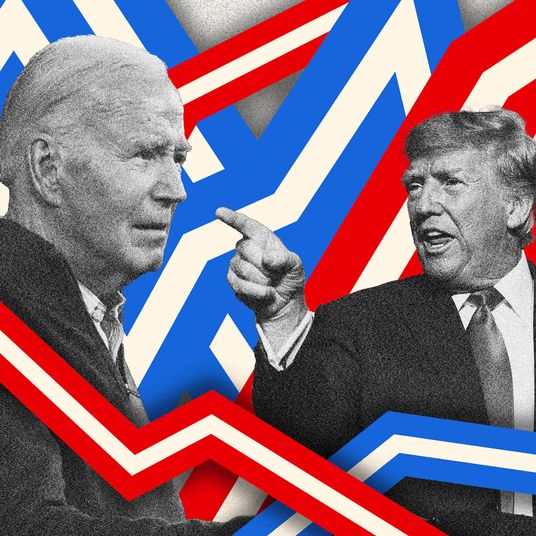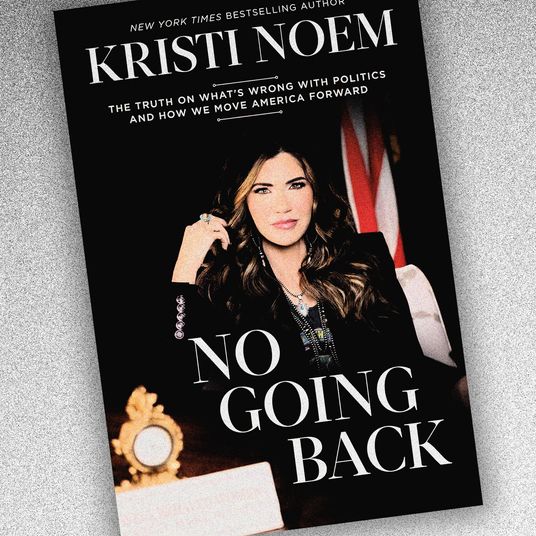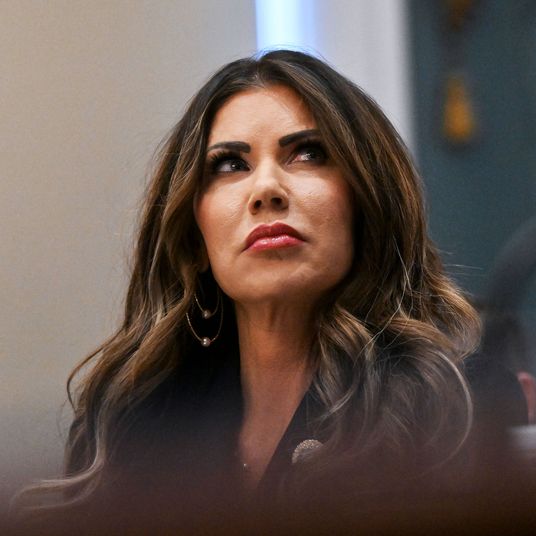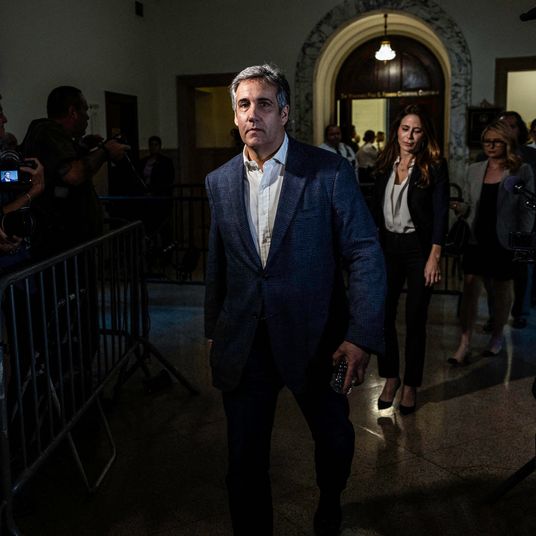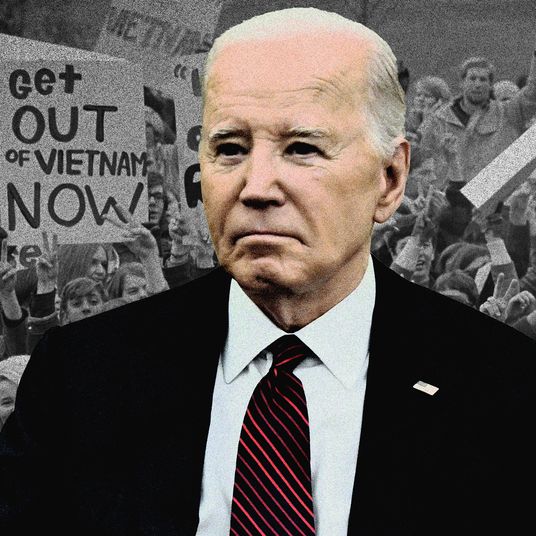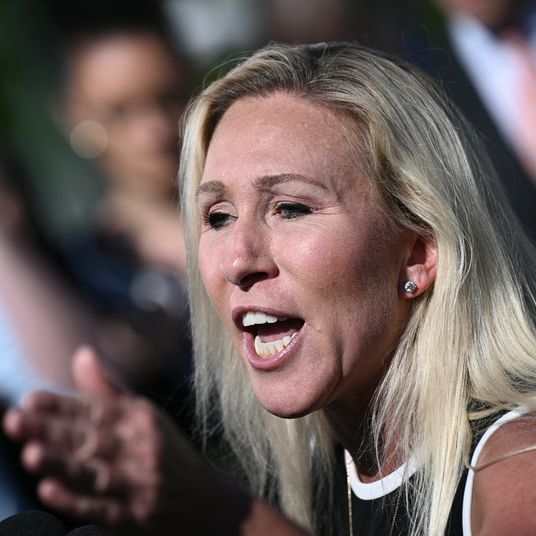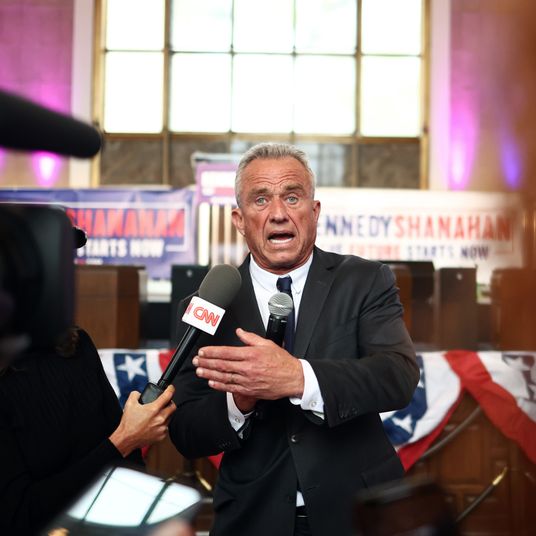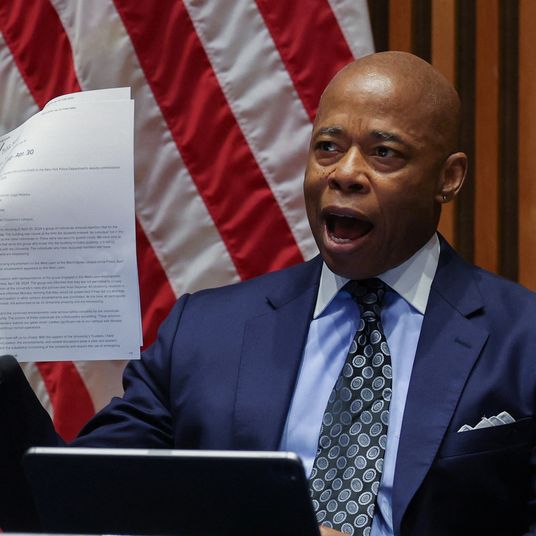
When Anna Flemmings discovered a cyst in her back, she went to the doctor for treatment. But she soon found that her insurance plan wouldn’t be much help. “Because of the deductible on the insurance that we have, the doctor told me, just wait, if it doesn’t bother you right now, then let’s leave it for now,” she told New York. “I would have to come up with about $1,800 to finish out the deductible before they would even consider doing the surgery.”
Flemmings did not have $1,800. Though she has a full-time job in a Hattiesburg, Mississippi, call center, her employer-provided plan has such a high deductible that it is almost useless. She thus finds herself trapped by a distinctly American irony. Health insurance isn’t just a product Flemmings needs, but something she sells: She works for Maximus, which holds a lucrative federal contract to sell Affordable Care Act plans. But while Flemmings connects low-income people with health-care coverage, often for the first time, she struggles to pay her own medical bills. A cancer survivor with diabetes, she says she once stopped taking her insulin because she could not afford the cost.
About 10,000 workers in 11 Maximus-operated call centers help people navigate complicated insurance marketplaces. (The workforce fluctuates, reaching a peak during open-enrollment season.) For this labor, many are paid just above minimum wage: Flemmings makes $12.11 an hour. Other workers told New York that they can’t afford prescriptions and necessary procedures. They have a deductible of $2500, and their out-of-pocket-maximum is now $5,000 per year.
“Maximus didn’t write the rules for the Affordable Care Act, but it is still speaking out of both sides of its mouth,” said Kathleen Flick, who works for a Maximus call center in Bogalusa, Louisiana. “Here we’re trying to help low-income people get coverage, and we can hardly afford our own coverage.” In some cases, Maximus workers have had to make difficult decisions about their health care. After a recent trip to the doctor, Frances Poole had to choose between one prescription that cost $14, and another that cost $78. She filled the $14 prescription, and left the other at the pharmacy. “If I have $78, I’m going to put it on my bills because I’m behind,” she said.
The company’s motto, “Helping government serve the people,” suggests that altruism drives it. But workers tell a different, and much less flattering, story about the hand that signs their paychecks. To raise their wages and improve their benefits, Flemmings and her colleagues are trying to organize a union with the Communications Workers of America, or CWA. But Maximus vehemently opposes the effort. Its anti-union campaign reveals the crux of a bigger problem, one that may be innate to the privatization of public work. Inequality is an opportunity for Maximus to profit, and a problem its labor practices help reinforce.
CWA’s organizing drive started years ago, before Maximus purchased the call centers from General Dynamics Information Technology, or GDIT, in 2018. Union sources told New York that GDIT vehemently opposed the union. The National Labor Relations Board (NLRB) even issued a complaint against the company for violating the federal labor rights of employees. Maximus appears equally intolerant of efforts to unionize. It has retained the powerful Jackson Lewis law firm, which specializes in “union avoidance.” A July job listing for a senior director of labor relations says the hire should “minimize the areas of the business represented by collective bargaining,” and advise the company on “union avoidance tactics.” In early December, Maximus received its own NLRB complaint, this time for suppressing organizing efforts in its Bogalusa call center. CWA alleged that Maximus called the police on pro-union workers, including Flick, for handing out informational material in the parking lot.
The U.S. Department of Labor, meanwhile, is investigating allegations of wage theft at the call centers Maximus acquired from GDIT. “They don’t want to pay us the money that we’re supposed to make,” Poole concluded. “That’s why they’re trying to deter everybody from being for the union.”
As Maximus wars against a union, it lends credence to worries that the privatization of public services can deepen rather than solve inequality. So, too, does the company’s very history. In 1987, Maximus received “the nation’s first privatized welfare contract” from Los Angeles County, Tracie McMillan reported for Mother Jones last year. That contract cost the county over 120 union jobs, admitted company founder David Mastran in his self-published memoir, Privateer! Building a Business, Reforming Government. In the same book, he seems to deem organized labor outmoded and obsolete. It was thanks to unions that his grandfather, an Italian immigrant, “was able to support his family,” Mastran wrote. He added, “So unions did my grandfather and this country a great service many years ago. But what good are they doing now?”
Maximus, he thought, offered government a more cost-effective alternative not just to a unionized public-sector workforce, but to federal regulation in general. Because the company had “far fewer constraints, we could do a better job serving the public,” he wrote. In government, he later added, “political decisions need not follow economic principles, but must instead follow politically correct principles.” Maximus could cut the corners that the federal government left intact.
Though Mastran no longer runs Maximus, the free-market ideology he espoused is still undergirds the company’s ethos: Welfare-to-work programs can’t administer themselves; some entity has to make sure that a needy parent also works at least 20 hours a month, and Maximus has gotten itself appointed to the role. Moreover, the justification for welfare reform — that taxpayers should not have to subsidize the undeserving poor — aligns neatly with the Maximus business model. As McMillan put it, the company promises its government partners that it will ensure that “only those truly entitled to benefits receive them.” In practice, the company’s cost-cutting measures can lead to huge backlogs. Officials in Kansas, where Maximus manages the KanCare program, said that the company’s “chronic understaffing” meant it failed basic performance metrics established by the state.
As the welfare rolls shrank, deep poverty increased, and Maximus’s profits grew. The corporation is now the nation’s largest administrator of Medicaid enrollment. The passage of the Affordable Care Act in 2010 expanded the government’s reliance on subcontractors like Maximus even as it expanded access to health insurance. An influx of people now had to navigate a complicated private-health-insurance market, many of them for the first time. Call-center workers like Flemmings and her colleagues thus form an invisible front line in the fight to get Americans insured. But they say that the working conditions imposed on them by Maximus don’t reflect either the importance of their work, or the skill it requires.
Low pay and bare-bones health insurance aren’t the reasons Maximus workers want to unionize. While workers rearrange their lives around their health-insurance plan, they say Maximus inserts other obstacles into their lives. The company doesn’t accept doctors’ notes as an excuse for missing work. Workers can also only miss 40 hours of work, unpaid, per year before getting a verbal warning. If they miss 64 hours for any reason, they can be fired. The policy is particularly burdensome for parents, Flemmings said, because they have to balance child-care obligations with a limited amount of unpaid leave. Workers also said the company pressures them to apply for leave under the Family Medical Leave Act, even for minor medical procedures. That’s not a realistic solution, according to Poole. “I just had surgery on November 7. I had vacation time, so I put in vacation time for four days,” she said in a December interview. “But they kept saying, ‘No, no, you have to put in FMLA.’ And I said no. Because if I put in FMLA, I’m going to get the payment for my FMLA way at the end of December, or mid-December, or something like that. And I need the money now because my bills are stacked up on me,” Poole told New York last December. She added, “I had another surgery on March 2. I applied for my FMLA on March 4, and didn’t receive a check from them until mid-April. That’s so terrible.”
In an email to New York, Maximus spokesperson James Dunn said that as a federal contractor, the company adheres to the McNamara-O’Hara Service Contract Act, or SCA, and that its wages and benefits “are determined by the U.S. Department of Labor. MAXIMUS does not set these rates; the government does.” At the heart of CWA’s wage-theft claim, however, is the assertion that Maximus has been misclassifying employees, and thus underpaying them, at its call centers. That’s not an unusual practice among contractors of its type, said Patricia Smith, senior counsel for the National Employment Law Project and a former solicitor of labor for the Obama administration. “While Maximus doesn’t set the wages, it does classify the workers. I’ve seen this in the past, a lot, in SCA cases where in order to reduce wages, you classified the work at a lower level than it really should be,” Smith explained. And though the SCA does establish minimum compensation standards, Smith said that Maximus could exceed those minimums if it chose.
Dunn added that Maximus “is committed to the National Labor Relations Act, which protects the rights of employees and employers alike, including the right of employees to join a labor union, and an equal opportunity not to join.”
But the company adopts a more aggressive posture with workers. At a recent captive-audience meeting at a call center in Chester, Virginia, Tom Pierce, the senior director of labor relations for Maximus, repeatedly discouraged workers from unionizing. In a recording of that meeting obtained by New York, Pierce can be heard telling workers that there “are risks” to organizing, and that in the event of a strike Maximus “has a legal right to move work to other facilities.” He added, “I find it frustrating for some people to think if we just had a union, it would be like a land of rainbows and unicorns. Like everything will be solved; everything will be perfect. That hasn’t been in my experience.”
Flemmings, though, isn’t persuaded by the company’s reassurances, and believes a union is the only way to protect her own welfare. “I’m a 54-year-old with a 14-year-old son,” she said. “I thank God that I had a son at 40, but I have to maintain my health. If I am not able to go to the doctor and make sure that things are okay, my son will be left here for somebody else to take care of.”
An earlier version of this piece stated that Maximus workers had an out-of-pocket maximum of $2500 and that . The piece has been corrected.






